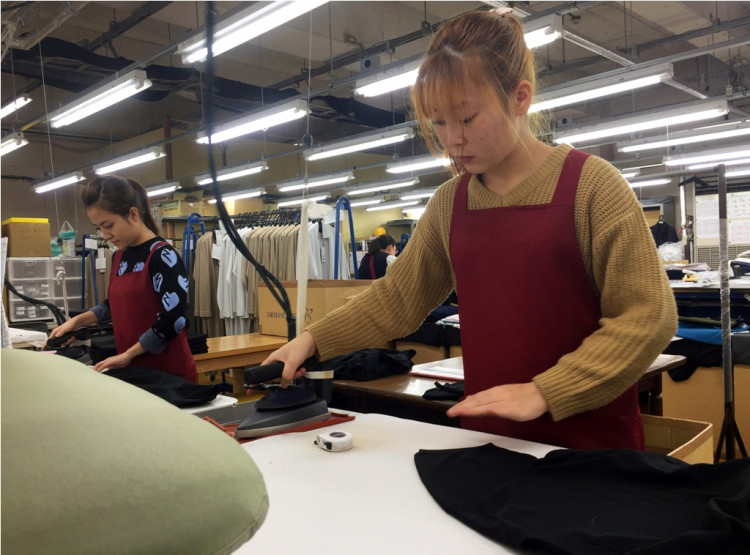Over the past decades, Vietnam's focus on goods and product manufacturing helped the country avoid recession but experts say a "new" Vietnam with significant economic figures may need a business environment centered on services and value-added industries.
According to Voice of America, economic advisers noted that a new economy for Vietnam will most likely see a transition from the current goods-based corporate environment to one that offers more services.
Vietnam saw growth for three decades, thanks to low labor costs. However, economic analysts noted that people are now changing their views and opinions on how "Made in Vietnam" should be displayed to the world. Vietnamese workers and business owners want the initiative to be of high quality and change are necessary to achieve this.
"What has been working in the past 30 years may not necessarily work in the future. The impacts of initial institutional and structural reforms seem to have reached their limit," World Bank Director in Vietnam, Ousmane Dione, said.
Hanoi acknowledges the developments that the Doi Moi reforms since the 1990s brought. On the other hand, the Vietnamese government is now deliberating on a scheme that will complement changes in the global market. The government is also reviewing potential models from the Doi Moi reforms that could be integrated into the new economic plan.
Industry analysts recommended that Vietnamese factories should try stepping up their business value by providing tech support for auto purchases. Automakers in the country only assemble vehicles but tech support is not yet common among plants.
In the technology sector, businesses could also reach out to other markets in Southeast Asia in creating systems and schemes that will help buyers have a better customer experience. One of these processes is Vietnam assuming responsibility in ensuring that electronic payments are made without the threat of cybercrimes or identity theft.
In other news, the Vietnamese government is further exploring ways to strengthen its stance on gender equality in the workforce. According to the East Asia Forum, Hanoi is working to address issues that international treaty bodies and current research studies about the issues that women in the workforce have experienced despite improved regulations on gender equality.
The government is now deliberating on potentially laying out reforms on the Comprehensive Progressive Agreement for Trans-Pacific Partnership (TPP-11). If changes are officially agreed on, Hanoi will have to abide by international labor regulations under the TPP-11.
Analysts believe the government should help the public understand the significance of equality between men and women in business, employment, and Vietnam's overall workforce.





